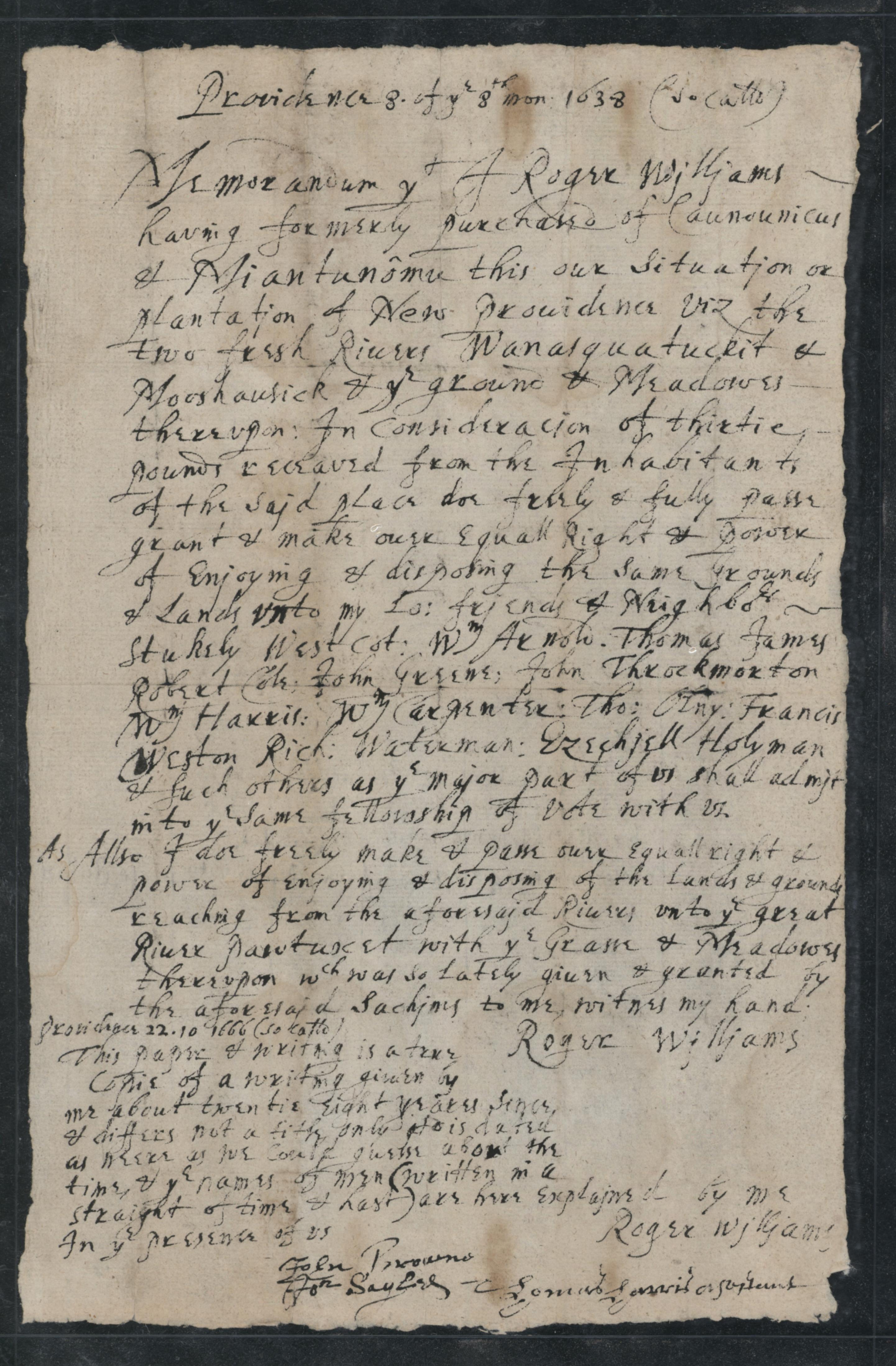Many individuals have the aspiration to own a home, yet not all possess an in-depth understanding of the complexities of property ownership. A common scenario that can lead to confusion arises when an individual is named on the deed of a property but is not listed on the mortgage. In this piece, we will delve into the meaning and implications of being on the deed but not the mortgage, shedding light on the intricacies involved.
Understanding the Distinction
When a person is on the deed but not the mortgage, it signifies that they hold ownership rights to the property without the financial responsibility for the mortgage payments. This situation can arise in various contexts, such as when a family member includes an individual in the deed for estate planning purposes or if the person was a co-owner of the property but not mentioned on the mortgage.
Crucial Points to Consider
- Ownership Rights: Being on the deed entitles an individual to a share of the property and grants them a say in its use and disposition.
- Financial Responsibility: While exempt from mortgage payments, the individual may still be accountable for other property-related expenses such as taxes and maintenance costs.
Implications of Being on the Deed
Being on the deed but not the mortgage carries several important implications:
- Ownership Rights: Even without being on the mortgage, being on the deed guarantees legal ownership rights, allowing the individual to participate in decisions regarding the property.
- Financial Responsibility: Although not responsible for mortgage payments, the individual might still be liable for property taxes, insurance, and maintenance costs.
- Credit Implications: While being on the deed but not the mortgage may not directly impact credit scores, defaulting on the mortgage could affect future credit opportunities.
Protecting Your Interests in Case of Disagreements
To safeguard one’s interests in case of conflicts with the mortgage holder, maintaining written communication is crucial. Keeping records of all interactions with the mortgage holder can serve as protection in the event of disputes or misunderstandings. Furthermore, staying informed about the mortgage agreement terms, even if not directly responsible for payments, can aid in advocating for one’s rights and interests.
Recommendations for Navigating Ownership Without Mortgage Responsibility
When navigating the complexities of ownership without mortgage responsibility, it is essential to:
- Understand Legal Rights: It is vital to be aware of one’s legal rights and responsibilities as a co-owner on the deed but not listed on the mortgage.
- Communicate Clearly: Open communication with co-owners and the mortgage holder is key to ensuring alignment on ownership responsibilities and potential issues.
- Stay Informed: Keeping oneself informed about property details and remaining involved in decision-making processes is crucial to protecting interests as a co-owner.
In conclusion, being on the deed but not the mortgage presents both challenges and opportunities for homeowners. It is important to comprehend the legal and financial implications and maintain open communication with all concerned parties. By staying proactive and well-informed, individuals can navigate this complex scenario with confidence and clarity. We hope this article has provided valuable insight into this often misunderstood aspect of homeownership. Thank you for reading.

What is the Difference Between Being on the Deed and the Mortgage?
When it comes to homeownership, being on the deed and being on the mortgage are two different things. Here’s a breakdown of the difference:
Being on the Deed:
- Being on the deed means you are a legal owner of the property
- You have the right to use and occupy the property
- If you’re on the deed, you have a say in decisions related to the property
Being on the Mortgage:
- Being on the mortgage means you are responsible for repaying the loan
- You are financially obligated to make mortgage payments
- If you’re on the mortgage, your credit may be impacted if payments are not made on time
What You Need to Know If You’re on the Deed, But Not the Mortgage
If you find yourself in a situation where you are on the deed but not the mortgage, there are a few key things you should be aware of to protect your interests:
Benefits:
- You have legal ownership of the property
- You can make decisions about the property without needing approval from the mortgage holder
- You are entitled to a share of the property’s value if it is sold
Practical Tips:
- Ensure you have a clear understanding of your rights and responsibilities as a property owner
- Communicate openly and honestly with the mortgage holder to avoid misunderstandings
- Consider seeking legal advice to protect your interests
Case Studies
Case Study 1:
| Scenario | Outcome |
| John is on the deed but not the mortgage | John is able to make decisions about the property without needing approval from the mortgage holder |
Case Study 2:
| Scenario | Outcome |
| Sarah is on the deed but not the mortgage | Sarah seeks legal advice to protect her interests as a property owner |
First Had Experience
Being on the deed but not the mortgage can be a unique situation that requires careful navigation. It’s important to understand your rights and responsibilities as a property owner and communicate effectively with all parties involved to ensure a smooth homeownership experience.
Remember, seeking legal advice can provide valuable insight and guidance to protect your interests in this type of arrangement.


